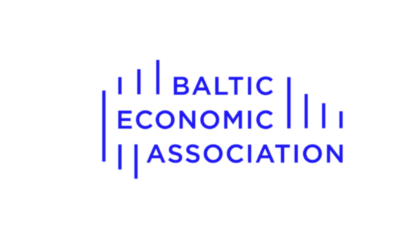You are welcome to join the Research Seminar of the Department of Economics and Finance of Tallinn University of Technology (TalTech) on Wednesday, 27 March at 16:00-17:00.
In MS Teams, please join via LINK
“Family background effect on electoral participation and how schools can treat it?”
Kaire Põder (Estonian Business School)
Education serves manifold roles within society. We contribute to research by focusing on the social dimension of education, which relates to political participation, democratic values, and attitudes. The problem’s importance lies in civic outcomes exhibiting higher family background effects compared to other (PISA) disciplines. Our motivation is to find ways in schooling to correct the socioeconomic skew in civic knowledge and future political participation. We hypothesise that school participatory practices, such as good student-teacher relations and classroom openness to discussions, can not only have a positive treatment effect on student’s future electoral participation but also a compensating effect for low socioeconomic status. Utilising data from the International Civic and Citizenship Education Study (2022) derived from eight countries and featuring over 28,000 student-level observations, we employ causal graph (DAG) and weighting regression techniques with continuous treatment variables to avoid self-selection to treatment based on family socioeconomic status and gender. We show that in most countries treatment has socioeconomic and gender bias, especially regarding open classroom climate. Our findings indicate that the school effect is positive, i.e. school practices that improve students’ perceptions of the school participatory environment, and increase expected electoral participation. Also, both treatments capture the compensatory effect, i.e. close the gap between high- and low-SES students’ outcomes in the expected electoral participation.
Keywords: Bayesian vector autoregression, deterministic component, single unit root prior, inflation dynamics
JEL classification: C11, C32, E32
Authors: Kaire Põder (Estonian Business School), Triin Lauri (Tallinn University)

